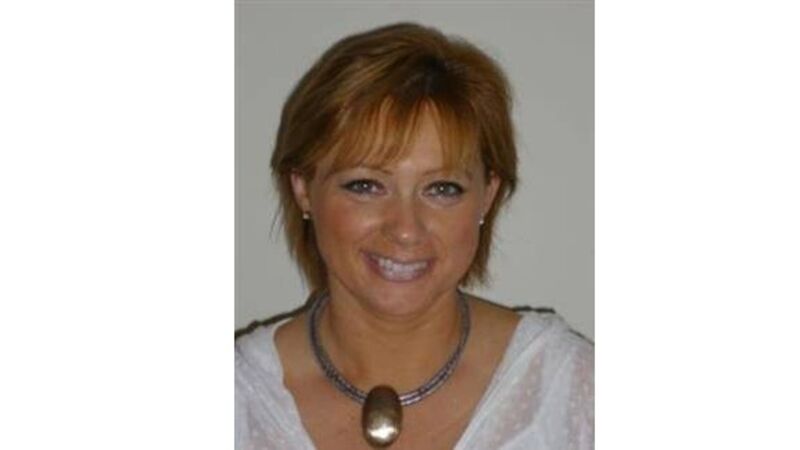Guidance counselling service ‘in worst state in history’

Members of the Institute of Guidance Counsellors (IGC) are urging teacher colleagues to support motions at this week’s conferences aimed at strengthening guidance counselling and restoring ring-fenced hours for counsellors.
President of the IGC, Betty McLaughlin, said yesterday that guidance counsellors are “struggling on a daily basis to cope” since the 2012 budget, which reduced the hours provided to students in secondary schools.













